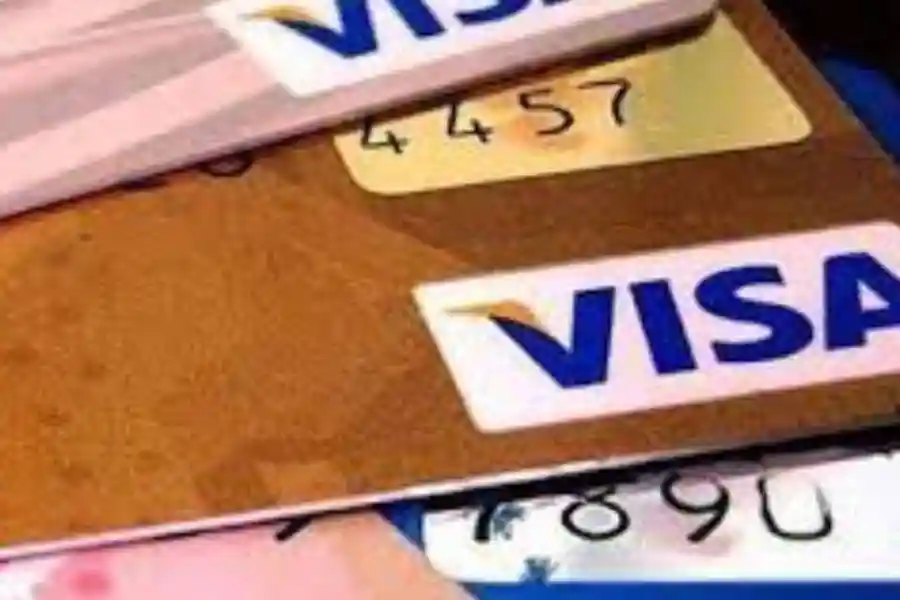Money management has become a vital skill in this era of fast-paced possession. I get this query a lot: ”What is the point of having multiple debit cards?” Although most people use one debit card for everything, there are numerous benefits to using multiple debit cards — from financial management to safety. Read this article to understand when and how to use more than one debit card.
Key Takeaways
- Improved Financial Organization: Use multiple debit cards to manage different expense categories.
- Enhanced Security: Reduce fraud risk by separating your transactions.
- Tailored Benefits: Leverage specific card features for unique perks.
- Higher Available Credit: Diversify spending and avoid card overdrafts.
- Efficient Budgeting: Set specific spending limits on designated cards.
Why Consider Having Multiple Debit Cards?
Using more than one debit card might seem excessive at first, but there are compelling reasons to adopt this approach. The benefits include:
Enhanced Budget Management
Assign each debit card to a particular category, such as groceries, dining, or entertainment. For example:
- Card A: Monthly essentials like groceries.
- Card B: Discretionary spending like dining out.
This division ensures you don’t overspend in any category, keeping your finances on track.
Reduced Overdraft Risks
Using multiple cards minimizes the chance of overdrawing your account. Each card serves as a limit for a specific budget.
Streamlined Expense Tracking
With spending divided among several cards, tracking expenses becomes more straightforward. Many banks offer categorized statements that make it easier to analyze your spending habits.
How to Use Multiple Debit Cards Effectively
To maximize the advantages, it’s crucial to adopt a strategic approach:
Link to Separate Accounts
Open accounts for distinct purposes, such as:
- Primary Account: Day-to-day transactions.
- Savings Account: Emergencies or long-term goals.
Set Spending Limits
- Use cards with adjustable limits. For example, load a prepaid debit card with a fixed amount for non-essential purchases.
Leverage Rewards
- Some debit cards offer cashback or discounts for specific transactions. Choose cards that align with your spending patterns to maximize savings.
Benefits of Having Different Debit Cards
Improved Financial Security
- If one card is compromised, other accounts remain unaffected. This reduces your exposure to financial risks.
- For example, use one card exclusively for online purchases to minimize cyber risks.
Better Emergency Management
- Having multiple cards ensures you’re never caught without access to funds. If one card is lost or stolen, others are available as backups.
Tailored Spending Options
Different debit cards often come with unique features such as:
- Fee-free withdrawals.
- Higher transaction limits.
- Partnered discounts.
Tips for Managing Multiple Debit Cards
- Keep a Record
- Maintain a digital or physical log of each card’s purpose and limits.
- Regularly Monitor Statements
- Ensure there are no unauthorized transactions by frequently reviewing bank statements.
- Use Bank Apps
- Most banks offer mobile apps that make managing multiple accounts seamless.
Common Use Cases for Multiple Debit Cards
Personal vs. Business Transactions
- Entrepreneurs often benefit from using separate debit cards for business expenses, simplifying accounting and tax reporting.
Traveling
- Carry multiple cards while traveling for added convenience and safety. For instance:
- One card for booking accommodations.
- Another for local purchases.
Family Finances
- Parents can provide supplementary cards with limited funds to children for their allowances or emergencies.
Real-Life Example: Budgeting with Multiple Debit Cards
Consider Sarah, a marketing professional who uses three debit cards:
- Card A: Assigned to recurring bills like rent and utilities.
- Card B: Dedicated to groceries and dining out.
- Card C: Reserved for online shopping and subscriptions.
This system allows Sarah to allocate her income efficiently while minimizing the risk of overspending. By reviewing individual card statements, she gains a clearer picture of her financial health.
In contrast, her friend John relies on a single debit card for all transactions, making it harder to track spending categories and often leading to unintended overspending. Sarah’s approach highlights the practical benefits of using multiple debit cards for better budgeting.
Comparison of Features Across Debit Cards
| Feature | Card A | Card B | Card C |
| Cashback Rewards | ✓ | ✓ | ✕ |
| Foreign Transaction Fees | Low | High | None |
| Spending Limit | $2,000/month | $1,000/month | $500/month |
Quotes and Recommendations
“Having multiple debit cards not only streamlines financial management but also offers peace of mind in case of emergencies.” – Financial Advisor
Tip: Always choose debit cards with no hidden fees and robust security features.
FAQs
Can I have multiple debit cards linked to the same account?
Yes, most banks let you have additional debit cards connected to one account. Nonetheless, this is especially helpful for administering shared family payments or for individuals who maintain separate cards intentionally for budgeting.
Do multiple debit cards affect my credit score?
No, the number of debit cards you have does not impact your credit score. That’s because debit cards take money straight from your bank account rather than a line of credit, which credit units track.
What should I do if I lose one of my debit cards?
If you lose one of your debit cards, you must contact your bank immediately to report it. Most banks enable you to freeze or block the card via their mobile app or by calling customer service to stop unauthorized transactions.
Are there fees for having multiple debit cards?
Yes, some banks might charge you for the issue or maintenance of additional debit cards. It’s always a good idea to check your bank’s policies and fee schedule ahead of time to steer clear of any surprise costs.
Can I use multiple cards from the same bank?
Absolutely! And many banks (like BofA) promote the idea of using multiple cards for different purposes, like personal, business, or travel. This allows for easier cash flow tracking and more efficient oversight of all cash outflows.
Conclusion
So, what is the point of having multiple debit cards? This has a simple answer: They give versatility, greater security, and better financial performance. If utilized effectively, having multiple debit cards will simplify budgeting, provide protection from fraud, and maximize the benefits you receive that align with your lifestyle. Are you ready to change the way you use debit cards?
Read our other blogs and start making your own financial strategies today!

